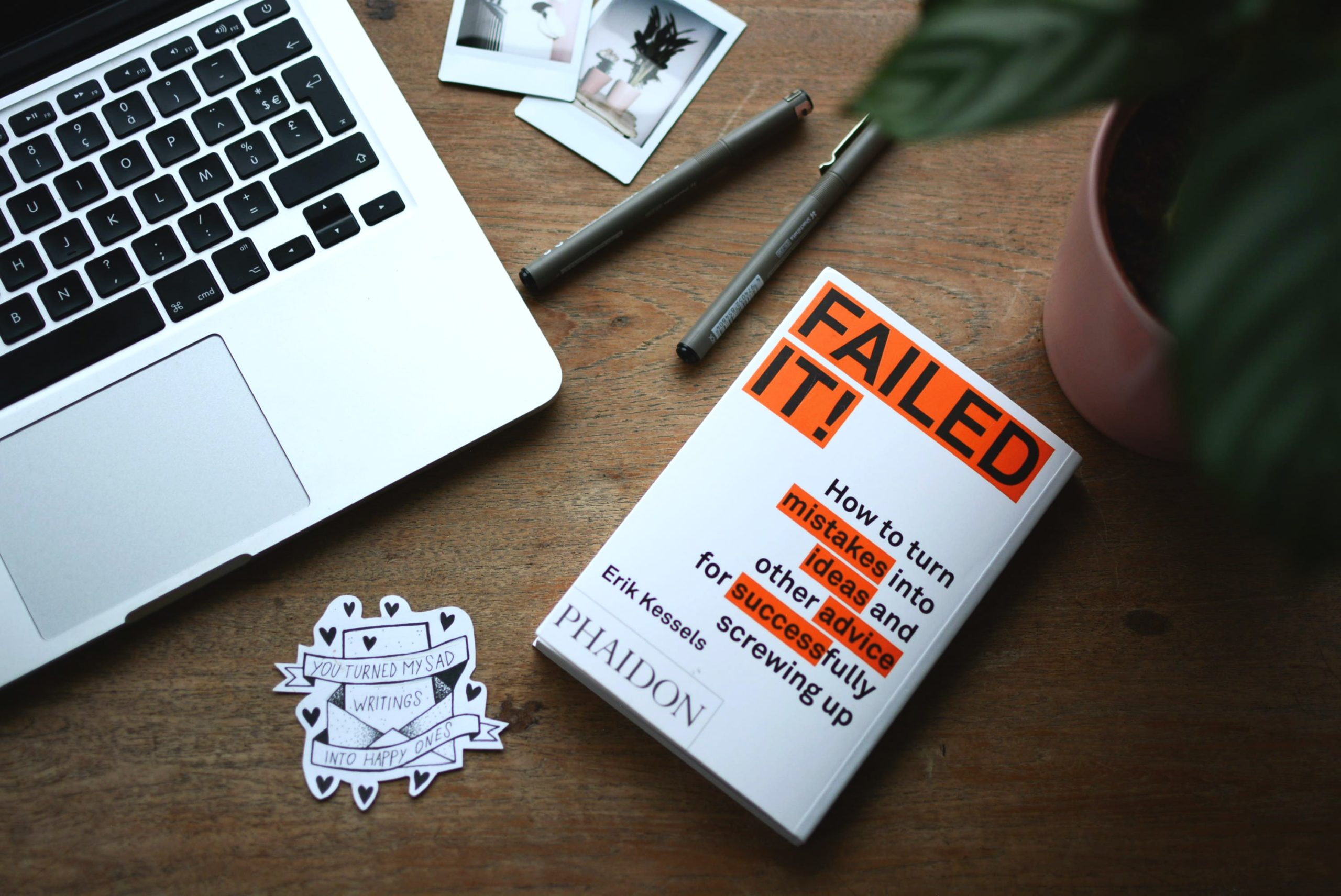
Do you Have Trouble Making the Transition from Work to Home?

Try this fast and free method.
Unless you usually work at home, the atmosphere and demands of work versus home are very different. It can be a challenge to make a smooth transition. Some people have a drink to relax. Others watch the news, but neither of these methods addresses the probability that too often when we come home from work, we bring remaining problems and issues with us.
Consider this simple and short writing exercise instead. It serves several purposes.
- You can give yourself the freedom to say anything you want.
- You can read over what you wrote later on and often see that the issues that troubled you either resolved themselves or weren’t as big as you’d thought.
- This no-pressure method can ease you into writing.
How It Works
- You can either write by hand or in a text file. Do whichever comes most naturally to you.
- Set a time limit for how long you will write. I recommend five minutes. If you find that you want to write longer, do so.
- This is freewriting, which means to write freely. Don’t check for errors. Don’t try to write well.
- Write without censoring yourself. No one will ever see what you write.
- Think of this as unloading. The thoughts that are racing around in your head need to come out of that crowded space and land on the page (physical or electronic).
- Don’t judge yourself for the thoughts that emerge. This is crucial.
- I usually re-read what I write every two weeks. If you do this, again, ignore typos and other errors. Focus on the essence of what you wrote. See if you have any new insights, and, if you do, write about them.
Why This Has Value
I referred to this process as unloading. This example may make that more clear.
You’ve been sitting at a desk all day, and your back hurts. You might start off writing, “Stupid back. Why do you have to hurt so much?”
Physical pain often reflects mental/emotional issues. You might ask yourself questions.
- Who is a pain in my back?
- Who do I feel has been kicking me?
- Am I wearing a sign that says ‘Kick me’?”
Patience is Helpful
The questions and their answers may not initially come quickly. Once you’ve practiced the five-minute writing exercise for a while, you’ll find that the channel to understanding opens. The more you ask the questions, the more you’re telling yourself, “I want to know; I really do.”
Sometimes it may help, instead of saying,” my stupid back,” to say “my stupid life.” Then you decide what’s stupid about your life. Reminder: Do not judge yourself for your thoughts. Everyone who ever had a thought has had a lot of stupid ones.
Beneath the Garbage Lies Creativity
Although you may not be planning to write a novel or a self-help book or a memoir, five minutes of freewriting can jump-start your ability to work on the project you’ve chosen. This fast exercise, by helping you to give up judgment about your thoughts, will allow a new level of creativity to develop in a way that’s analogous to brainstorming. Thus, it can also enhance your ability in writing associated with your job.
Enroll Your Family in Your Program
Let them know your new plan. Explain that your engagement in five minutes of writing will make you a better and happier parent and spouse. Take it a step further and encourage them to try the five-minute writing, too.
Once you’ve unloaded, then you can relax with your family and turn home time into a time of refreshment and renewal.
Pat Iyer is a ghostwriter and editor who Is one of the original 100 C Suite Network Contributors. Check out her podcast Writing to Get Business on the C Suite Radio Network. And connect with her at patiyer.com.
Pat built a service business assisting attorneys with cases involving medical issues. After growing that business to a multi-million dollar one, after 25 years, she sold it in 2015 and now devotes her time to mentoring, writing and editing. Get tips for polishing your writing style and gaining business through the material you write: Listen to Writing to Get Business Podcast on the C Suite Radio platform.
Reach her through Patiyer.com|Do you have an amazing business success you want to share? Pat Iyer has worked with experts helping them share their knowledge since she first began writing and editing books in 1985. Pat Iyer has written or edited over 800 chapters, books, case studies, articles or online courses. She delights in assisting people to share their expertise by writing a book. Pat serves as a developmental editor and ghostwriter.
Pat built a service business assisting attorneys with cases involving medical issues. After growing that business to a multi-million dollar one, after 25 years, she sold it in 2015 and now devotes her time to mentoring, writing and editing. Get tips for polishing your writing style and gaining business through the material you write: Listen to Writing to Get Business Podcast on the C Suite Radio platform.
Reach her through Patiyer.com|Do you have an amazing business success you want to share? Pat Iyer has worked with experts helping them share their knowledge since she first began writing and editing books in 1985. Pat Iyer has written or edited over 800 chapters, books, case studies, articles or online courses. She delights in assisting people to share their expertise by writing a book. Pat serves as a developmental editor and ghostwriter.
Pat built a service business assisting attorneys with cases involving medical issues. After growing that business to a multi-million dollar one, after 25 years, she sold it in 2015 and now devotes her time to mentoring, writing and editing. Get tips for polishing your writing style and gaining business through the material you write: Listen to Writing to Get Business Podcast on the C Suite Radio platform.
Reach her through Patiyer.com
- Getting to Know Your Ideal Reader - July 19, 2021
- Why You Should Write a Book Proposal—Even If You Plan to Self-Publish - July 19, 2021
- Know When To Stop - April 19, 2021






